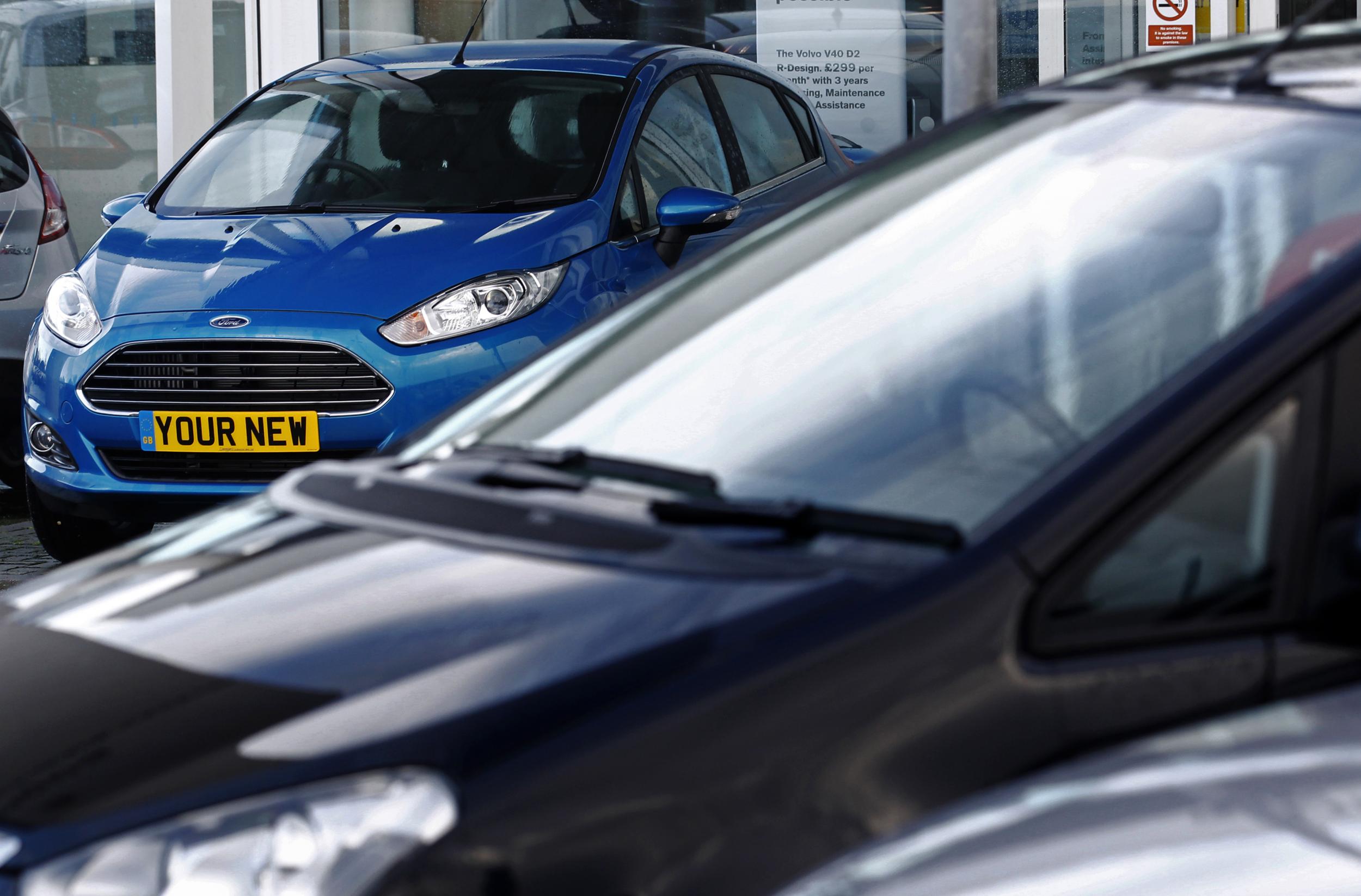Most car-sellers receive less than their initial valuation, new research warns
Second-hand car dealers accused of ‘inflating online valuations’ to attract customers

They’ve never enjoyed a squeaky clean reputation, but used car dealers are being accused of widespread “price chipping” after a new study found only 40 per cent of sellers receive the full valuation initially offered online.
An in-depth investigation into online used car sales by Motorway.co.uk has found that some instant car-buying websites quote unrealistically high car valuations online to attract customers, but then offer significantly less on the actual day of sale.
The car-selling comparison site argues the practice, known in the industry as price chipping, has become so commonplace that six out of 10 car-sellers received less than their original online valuation on the day of sale.
The investigations revealed that prices were “chipped” by 6 per cent on average – slicing around £600 from a vehicle worth £10,000.
To collate its figures, Motorway analysed more than 4,000 completed sale transactions through instant online car-buyers featured on its website, supplementing this data by surveying customers that sold to other car buyers that don’t feature.
Motorway compared the actual sale prices received for each car sold with its original online valuation. It found that while cars valued above £5,000 were chipped down by 6 per cent on average, for those below £5,000, the average “chip down” was as high as 11 per cent.
A 6 per cent chip down on a high-end car valued at £35,000 would mean a £2,000 reduction in the price at the point of sale. On a car valued at £4,550, an 11 per cent reduction would see the valuation reduced by £500 on inspection.
But Motorway’s data showed that not all car-buying services take the same approach. Some do offer realistic valuations online, which rarely change by much at all on the day of sale, while others have an average chip down rate of up to 14 per cent.
“Many sellers simply don’t have time to wait for offers on classified sites or to drive between car dealerships to negotiate a good price,” says Alex Buttle, director at Motorway.
“It’s why the instant online car-buying industry is growing at around 15 per cent a year.
“But speed and convenience should not mean consumers have to accept unnecessary price reductions as part and parcel of selling online.
Not all buyers routinely inflate their online valuations, but sadly chipping has become so widespread that many consumers have already accepted it as common practice.
“Unrealistic online valuations could really damage the reputation of this growing industry if it’s not tackled head-on.
“Price transparency has transformed every other e-commerce space, it’s about time the car industry embraced the inevitable transition to a consumer-first, data-led experience.
“Car-sellers deserve to be empowered with technology and should never be treated like ‘valuation victims’.”
Why are prices reduced on the day of sale?
Professional car-buyers have to make reasonable assumptions on the condition and history of a vehicle in order to generate an instant valuation online, and this is notoriously difficult. If a buyer assumes that a car being valued is in “fair-to-good” condition, they should expect the car to have some wear and tear consistent with its age and mileage and present a valuation that reflects this.
While some changes to online prices are inevitable, some buyers assume all used cars valued are in perfect showroom condition despite their age – and very few are. This leads to significant reductions for typical vehicles when light scratches, dents and other normal wear and tear is revealed on the day of sale.
Motorway found that sales were much less likely to fall through when buyers priced realistically.
But dealers dispute the comparison site’s findings.
A spokesperson for webuyanycar.com said: “Motorway are a comparison website rather than a car-buying service and their statements do not match our experience. As their comparison data does not include damage adjustment it is not truly reflective of a vehicle’s actual market value and is potentially misleading motorists.
“At webuyanycar.com we guarantee to give the price we quote, if however there is damage on the vehicle that hasn’t been declared, then the price will be adjusted in line with this.
“Webuyanycar.com provides a convenient service which allows motorists to sell their car often within a matter of hours, free-from the hassles and risks associated with a private sale.”
Join our commenting forum
Join thought-provoking conversations, follow other Independent readers and see their replies
Comments